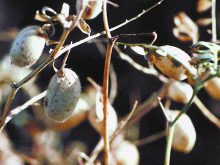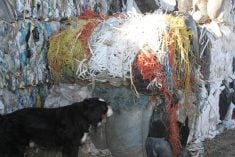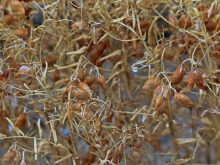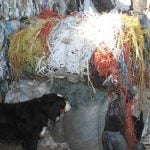REGINA – Twenty-five years after opening, the feed testing lab at the University of Saskatchewan could close.
Dave Christensen, head of the animal and poultry science department in the college of agriculture, said increasing costs are making it difficult to provide extension services.
The lab was opened in 1969 to offer a feed testing service, and employed two people to provide advice, Christensen said. The plan was to keep costs low so farmers would use it, he said.
In 1982, the lab’s cost of feed analysis was covered in the provincial budget, and any revenue taken in paid for the extension staff, he said. But in 1987, the provincial funding disappeared.
Read Also

Message to provincial agriculture ministers: focus on international trade
International trade stakeholders said securing markets in the face of increasing protectionism should be the key priority for Canada’s agriculture ministers.
“We increased feed analysis costs to break even for the analytical part,” Christensen said. Grants from the province’s Agriculture Development Fund allowed the lab to take on special contracts such as the hay certification program for the Saskatchewan Forage Council.
The lab is relying on commercial contracts, like market development work in Japan, for more revenue.
“We’ve been running the lab as a commercial operation (which helps) to support the extension program.”
Christensen said his term expires at the end of June, and he is advising that he will no longer be in a position to find commercial funds for the lab.
“It wouldn’t necessarily close completely,” Christensen said. “It depends on the new department head. But service could be limited.
“Our overseas contracts keep it going,” he said. “The question is, are we operating on the right basis by moving to service those contracts as opposed to supplying information at the farm level and to Sask Ag and Food?”















